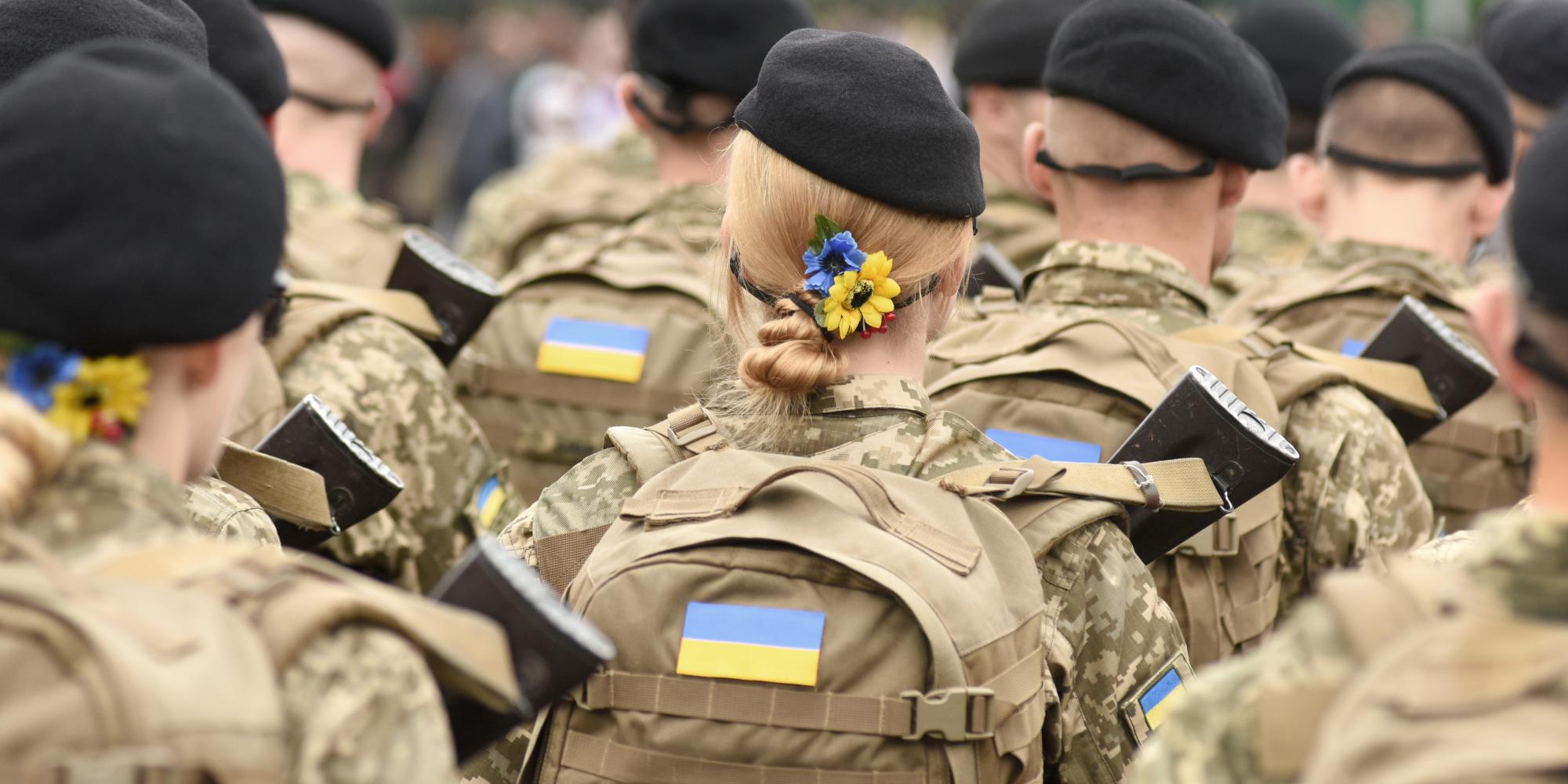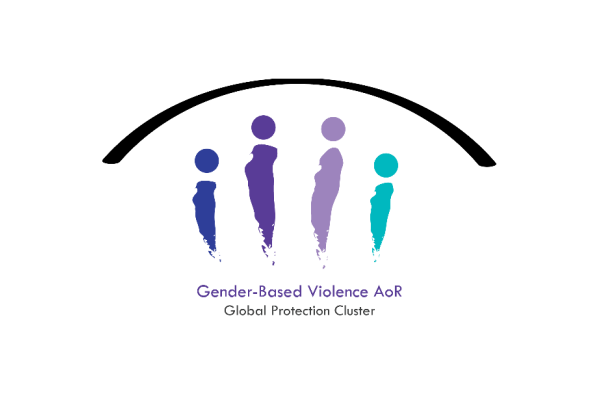Overcoming the barriers to an interlinked three-track peace process in Yemen
This learning brief explores the potential to pursue an interlinked three-track peace process in Yemen. It brings together the experiences of actors working in the three peacebuilding ‘tracks’ to identify the barriers at each level, and draws on the knowledge of these actors to set out clear, relevant and actionable recommendations for the Office of the Special Envoy of the Secretary-General for Yemen (OSESGY) and the donor community. To our knowledge, this is the first report of its kind for Yemen.


